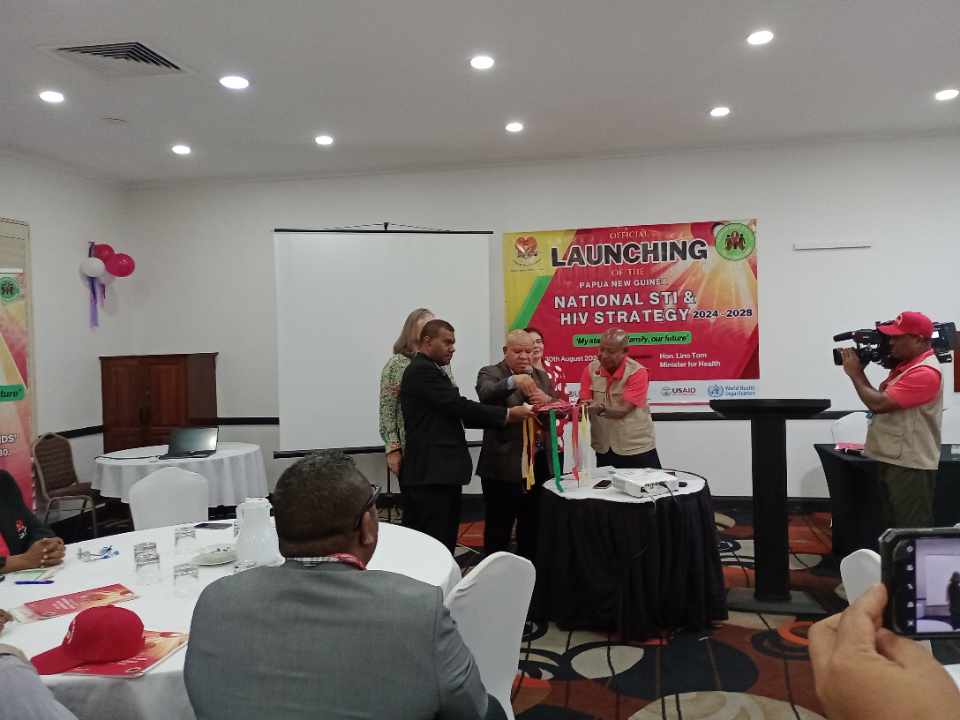NEWS
NATIONAL STI & HIV 5-YEAR STRATEGY LAUNCHED
![]() By Paula David |
August 31, 2024
By Paula David |
August 31, 2024

Related News
LATEST NEWS





